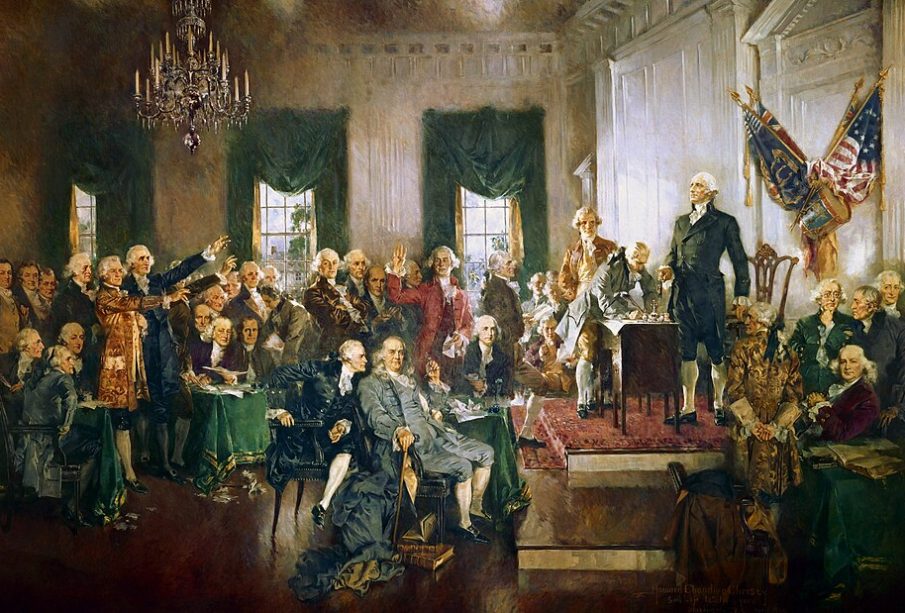The Importance and Relevance of the US Constitution Today

Introduction to the US Constitution
The United States Constitution, drafted in 1787, serves as the supreme law of the United States. It establishes the framework of the national government, delineates the powers of government branches, and protects individual liberties. Today, the Constitution continues to be a crucial aspect of American democracy, influencing legal and political developments globally.
Historical Context and Construction
Conceived during the Constitutional Convention in Philadelphia, the Constitution was written to address the deficiencies of the Articles of Confederation. The framers aimed to create a stronger central government while simultaneously safeguarding states’ rights. The document, signed on September 17, 1787, outlines the separation of powers among the legislative, executive, and judicial branches. It includes the Bill of Rights, ratified in 1791, which guarantees essential civil liberties.
Significant Amendments and Legal Interpretation
Over the years, the Constitution has been amended 27 times, reflecting evolving societal norms. Notable amendments include the First Amendment, protecting freedom of speech and religion, and the Thirteenth Amendment, abolishing slavery. Supreme Court decisions have further interpreted these amendments, shaping the legal landscape. For instance, landmark cases such as Brown v. Board of Education (1954) and Roe v. Wade (1973) illustrate how constitutional interpretations can impact civil rights and personal freedoms.
Current Relevance
In recent years, the Constitution has remained at the forefront of political discourse, particularly regarding issues such as voting rights, gun control, and freedom of expression. The Supreme Court’s role in interpreting the Constitution continues to generate significant debate, with appointments to the court often reflecting broader ideological divisions. During the COVID-19 pandemic, constitutional questions arose regarding government authority and public health, demonstrating the Constitution’s adaptability to contemporary challenges.
Conclusion
As a living document, the US Constitution is integral to the nation’s identity, reflecting its foundational ideals while adapting to societal changes. Understanding the Constitution enhances civic engagement, encouraging citizens to appreciate their rights and responsibilities. Looking ahead, the ongoing dialogue regarding constitutional interpretation will shape the United States’ path in navigating complex legal and social issues. Ultimately, the Constitution remains a testament to the principles of democracy, liberty, and justice that the nation strives to uphold.







